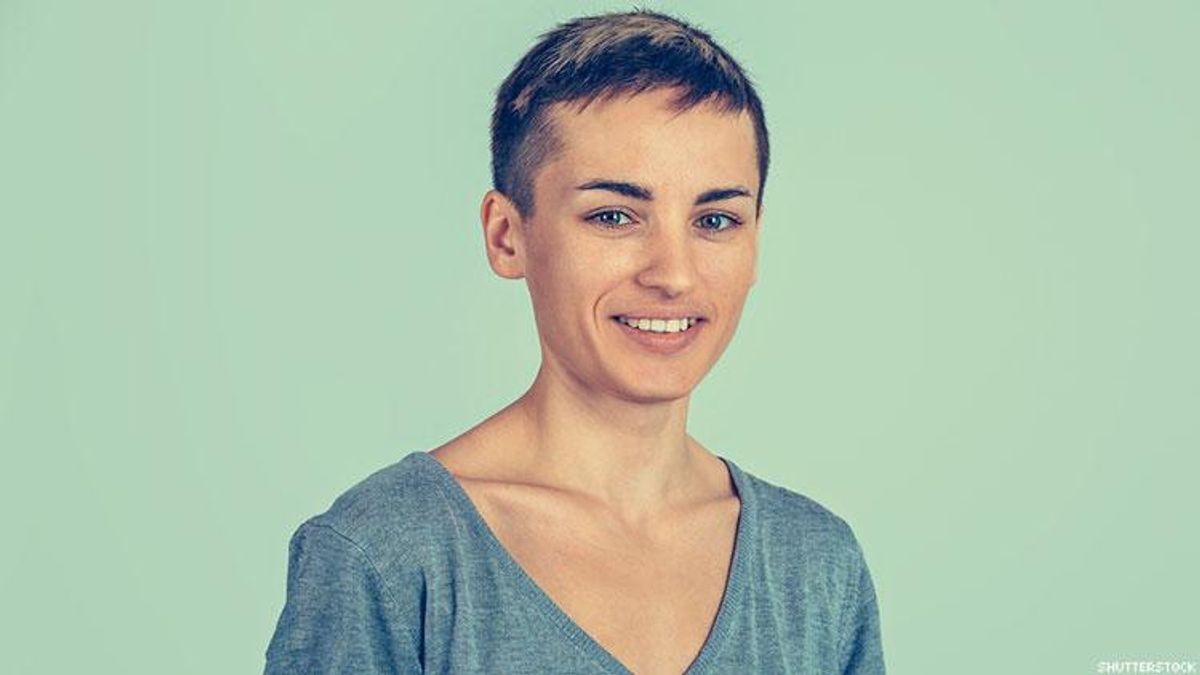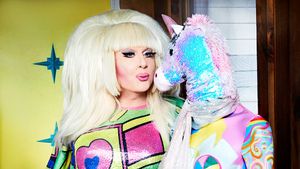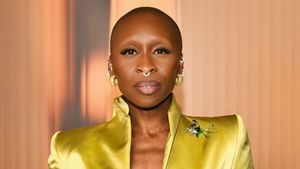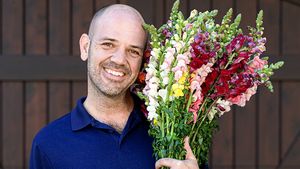New guidelines published in the Medical Journal of Australia could result in transgender adolescents beginning hormone therapy as young as 13 or 14, instead of waiting until age 16, as international guidelines recommend.
"International guidelines stipulate that medical intervention should not start until the age of 16 to avoid possible regret over hormone treatment," reports Australia's SBS News. "The new Australian guidelines published on Monday are the most progressive in the world and emphasise the need for individualised care and more supportive 'gender-affirming' management."
The Australian guidelines recommend that doctors consider young people's developmental stage, health, and other factors, not simply their chronological age, in deciding whether to begin administering hormones. Several studies have indicated that beginning this treatment at 13 or 14 is more beneficial than waiting until 16, said the guidelines' lead author, Michelle Telfer, director of the Royal Children's Hospital Gender Service in Melbourne and acting president of the Australian and New Zealand Professional Association for Transgender Health.
"The consequences of not treating are known to be severe in terms of depression, self-harm, suicide," she told SBS News. "Clinicians need to weigh up the benefits with the risks rather than just sticking to an inflexible age." She also said there is a very low incidence of regret. As few as 0.4 percent to 0.6 percent of trans people who have received hormone therapy say they regret doing so, she said.
Prescribing hormones to people younger than 16 "is not at all controversial within those with expertise because we all know that we have been doing this for years," she added.
The last international guidelines were published in 2011 by the World Professional Association for Transgender Health. It has yet to comment publicly on the new Australian guidelines.
Some other Australian health care providers praised them. "Children and adolescents are continually developing in a social, emotional and physical sense," Carmen Pace, Ken Pang, and Michelle Tolin, operators of the largest pediatric gender clinic in Australia, wrote on The Conversation. "They also exist within the context of a family and school. So taking a developmental perspective is central to providing good care.
"The new guidelines were developed in consultation with not only clinicians who work in the area of child and adolescent transgender health across Australia, but also members of the transgender community, their families, and relevant support organisations. And they draw on findings and recommendations from previous studies."
The full guidelines are available here.














































































